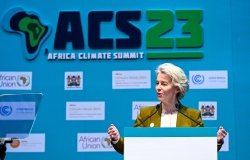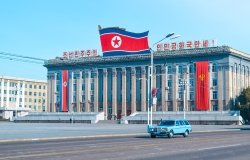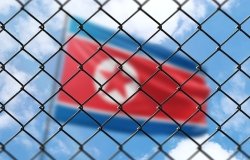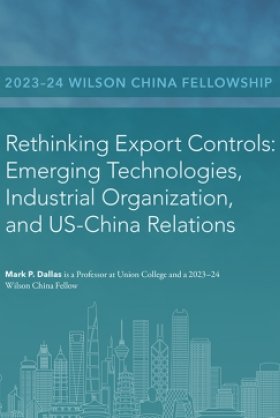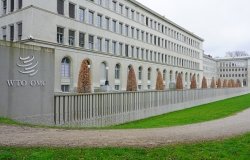#43 The Politics of Economic Stabilization in Latin America: Notes Toward a Comparative Analysis of Selected Cases in Argentina, Brazil, Chile, and Mexico
By Thomas E. Skidmore
This draft paper was prepared for a June 1979 Workshop on "Economic Stabilization Programs in Latin America: Political Dimensions" organized by the Latin American Program of the Woodrow Wilson International Center for Scholars.
Summary
Inflation has proved to be one of Latin America's most difficult economic problems. This paper offers a comparative analysis of selected examples of anti-inflation policies in four countries: Argentina, Brazil, Chile and Mexico. There is a preliminary discussion of the nature of inflation as a policy problem, and a review of the practical policy options faced by policy makers. There follows a brief overview of five principal phases of stabilization policies, discussing "orthodox" and ''gradualist" policies and their varying applications. Discussion then turns to two crucial policy areas: labor relations and the external sector.
Related Program

Latin America Program
The Wilson Center’s prestigious Latin America Program provides non-partisan expertise to a broad community of decision makers in the United States and Latin America on critical policy issues facing the Hemisphere. The Program provides insightful and actionable research for policymakers, private sector leaders, journalists, and public intellectuals in the United States and Latin America. To bridge the gap between scholarship and policy action, it fosters new inquiry, sponsors high-level public and private meetings among multiple stakeholders, and explores policy options to improve outcomes for citizens throughout the Americas. Drawing on the Wilson Center’s strength as the nation’s key non-partisan policy forum, the Program serves as a trusted source of analysis and a vital point of contact between the worlds of scholarship and action. Read more
